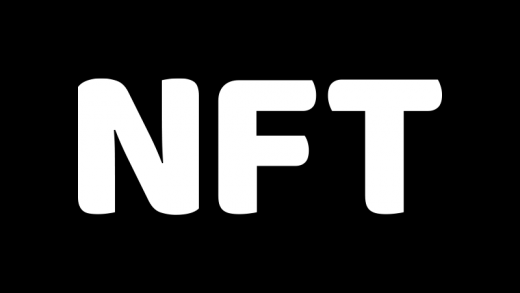
© 2020 BLOOMBERG FINANCE LP
Visa is piloting transaction settlement in stablecoins on the Ethereum blockchain.
The credit card provider that moves billions of dollars each day in 200 markets today announced it accepted the first settlement payment in U.S. Dollar Coin (USDC), a cryptocurrency pegged to U.S. dollar in a 1:1 ratio, from its global crypto wallet partner Crypto.com over the Ethereum blockchain. This marks the launch of a pilot which would allow Crypto.com to settle a portion of its obligations for the Crypto.com Visa card program in USDC. On the backend, Anchorage, the first federally chartered digital asset bank and Visa’s digital currency settlement partner, acted as a custodian, with funds being sent from Crypto.com to Visa’s Ethereum address at the bank. Visa plans to extend the offer to additional partners later this year.
The existing settlement process requires Visa’s business partners to settle transactions in fiat currency that the company accepts, meaning part of a partner’s crypto treasury reserves would have to be converted at an additional cost of a conversion rate. With the upgrade, Visa’s partners will soon be able to settle their obligations with the company directly in USDC. The credit card giant is already partnering with 35 digital currency platforms, including Coinbase, Crypto.com, BlockFi and Bitpanda, which collectively have more than 50 million active users.
“We’ve found that many of our crypto partners are building on top of and are using USDC,” with many of them paying their employees and vendors with the stablecoin, says Cuy Sheffield, head of crypto at Visa. “It was a natural fit.”
The pilot asset, USDC, developed by Circle Internet Financial, is currently at $11 billion in circulating supply and is being used in trade settlement, cross-border B2B payments, and remittances. USDC reserves are governed by the nonprofit Centre Consortium founded by Circle and Coinbase. In December, Visa and Circle announced a similar partnership, exploring new use cases for USDC, with the ultimate goal of issuing a Circle Visa corporate card that will enable Circle business account holders to spend their USDC at merchants in the Visa network.
The pilot announced today is strategically important for Visa for another reason. The company is eyeing the opportunity to tap into Central Bank Digital Currencies (CBDC), as they become available. While stablecoins like USDC are backed by central bank-issued currency, CBDCs would be directly issued and managed by central banks, essentially representing a digital version of fiat. According to research from the Bank of International Settlements, 80% of central banks are engaging in some CBDC-related effort, In December, Visa published a technical paper, proposing an offline payment system for CBDCs.
“As we engage with central banks across the world, we think it’s really important for CBDCs to be integrated into the payments ecosystem,” says Sheffield. The easiest way to do that, according to Sheffield, is to enable digital wallets to issue Visa credentials so that their customers could access Visa’s 70 million merchant network, integrate CBDCs and use them to settle and move funds.












